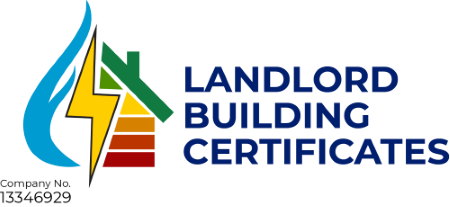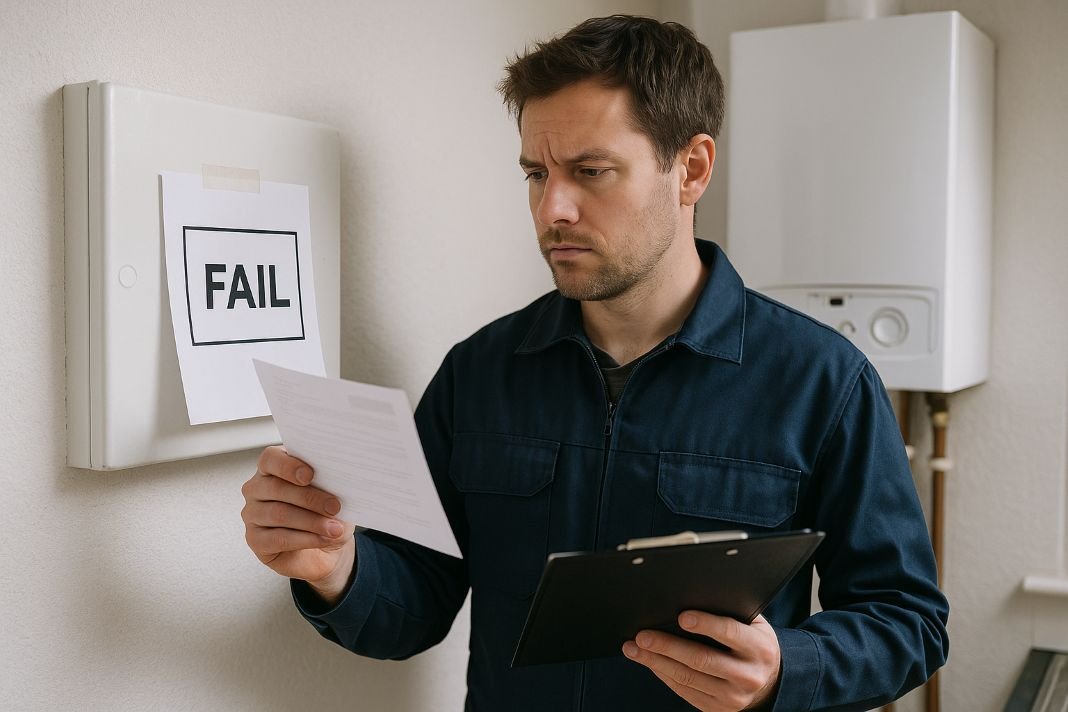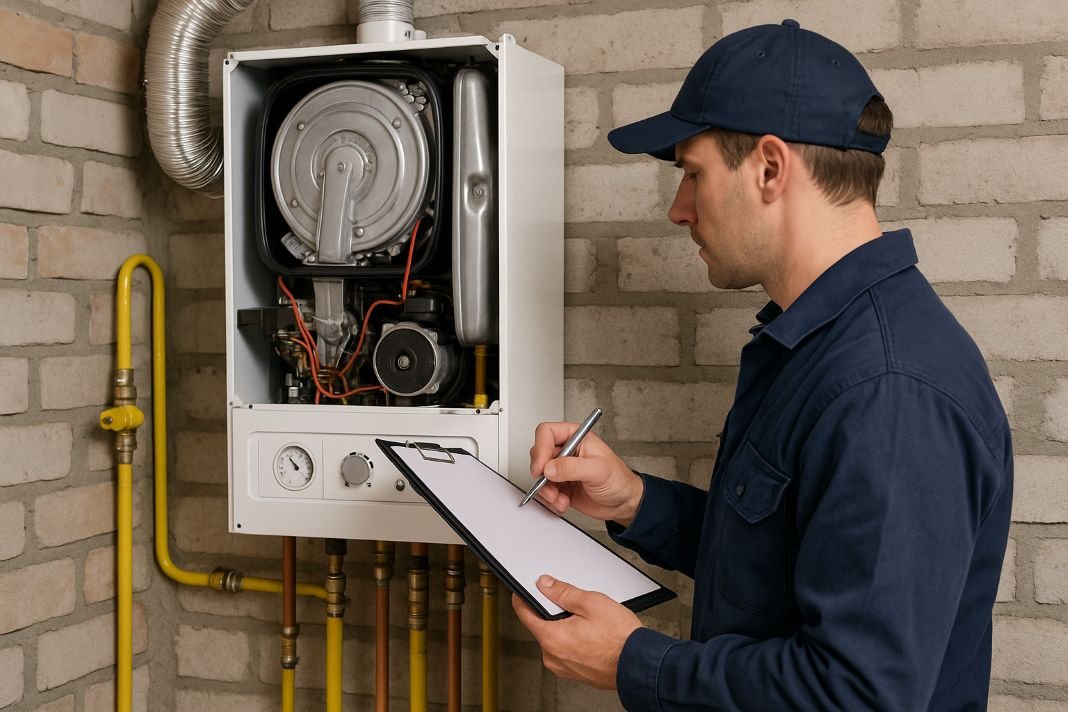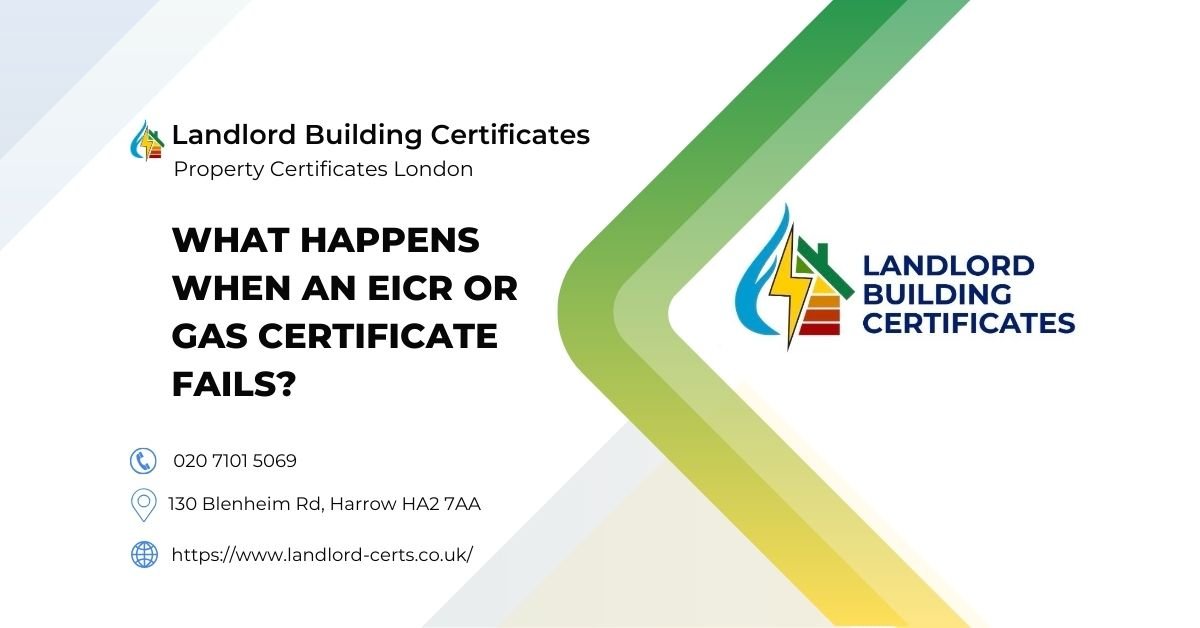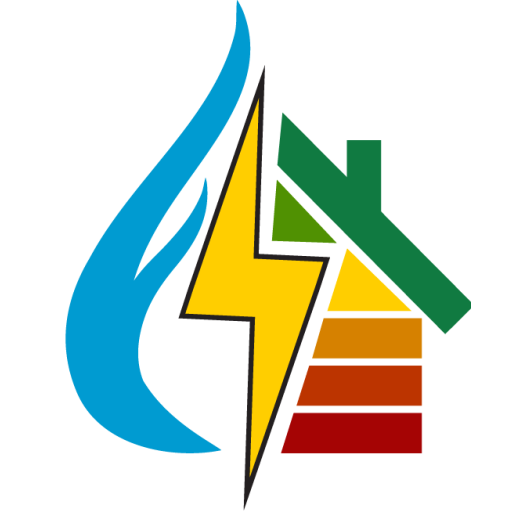What happens if a property fails its EICR or Gas Safety inspection?
A failed Electrical Installation Condition Report (EICR) or Gas Safety Certificate confirms that rental property safety checks have revealed urgent problems. These certificates flag issues that must be addressed immediately to meet landlord legal requirements and protect both the building and its occupants.
Here's What We Have Covered In This Article
Understanding the Codes and Classifications
EICRs categorise issues as:
-
C1: Danger exists now. Urgent repair needed
-
C2: Could become dangerous. Act quickly
-
FI: Further investigation required
Gas inspections will highlight issues as:
-
ID (Immediately Dangerous). Disconnect appliance or supply right away
-
AR (At Risk). Not immediately unsafe but still requires action
These classification codes are used by qualified engineers to identify the severity of faults and determine compliance with safety standards.
Why ignoring failed safety certificates puts more than tenants at risk
Failing to address a failed EICR or CP12 increases the risk of:
-
Fires caused by faulty electrics
-
Electric shocks from exposed wiring
-
Leaks and explosions from damaged gas appliances
-
Carbon monoxide poisoning
These risks are documented by government guidance and guidance from the Health and Safety Executive. Beyond the direct danger to tenants, non-compliance may affect neighbouring properties and expose the landlord to fines, criminal charges or tenant injury claims.
How quickly must a landlord fix a failed EICR
If a report includes a C1 or C2 code, action must be taken immediately or as soon as possible to remain legally compliant. Tenants should be provided with written proof that all work has been completed and the property has passed a follow-up inspection. This is required under the Electrical Safety Standards in the Private Rented Sector (England) Regulations 2020.
What are the legal obligations landlords must follow
Landlords must:
-
Renew a CP12 every 12 months
-
Arrange EICRs every five years
-
Provide both documents at the tenancy start
-
Fix faults immediately where indicated
The following legislation outlines these duties:
-
Gas Safety (Installation and Use) Regulations 1998
-
Electrical Safety Standards in the Private Rented Sector (England) Regulations 2020
-
Housing Act 2004
Non-compliance risks enforcement by the Health and Safety Executive or the local authority.
Letting a New Build Property?
Get your gas safety sorted before tenants move in.
Penalties and requirements at a glance
Can non-compliance make insurance invalid
Yes. Most landlord insurance policies include a requirement to comply with all statutory safety checks. If a fire or gas-related incident occurs and you lack current certification, insurers may deny the claim. This has been confirmed in several publicly reported case reviews.
Keeping certificates up to date is considered a reasonable and necessary step by insurers.
Can you still serve a Section 21 notice if you fail a safety inspection
No. A Section 21 notice is only valid if:
The court may dismiss an application for possession where this documentation is missing. This is consistent with rulings under the Deregulation Act 2015.
Book Your CP12 Today
Get fully compliant gas safety checks with CP12 issued fast. Ideal for landlords and homeowners.
What should landlords do after a failed report
Steps to follow:
- Hire a qualified engineer or electrician. They must be Gas Safe or NICEIC registered
- Repair all faults. Prioritise C1, C2 and ID or AR items
- Keep written records. Save all invoices, certificates and retest documents
- Reinspect the property. Confirm that all repairs meet safety standards
Letting a property without completing these steps is a breach of your legal duty under the applicable housing legislation.
What are the common landlord mistakes after failed certificates
Landlords often:
- Let properties before faults are fixed
- Fail to reissue updated certificates to tenants
- Hire unqualified tradespeople
- Underestimate at risk or potential danger codes
- Neglect documentation needed to support insurance or legal action
These actions can lead to enforcement by local authorities or rejection of legal claims.
What are letting agents responsible for
Letting agents may assist with:
- Booking safety inspections
- Hiring qualified professionals
- Tracking renewal dates and compliance
However, the legal obligation rests with the landlord. The agent’s duty depends on the terms of the management agreement. Courts have repeatedly held that landlords cannot shift legal responsibility to their agents.
Who enforces gas and electrical safety laws
Gas safety laws are enforced by the Health and Safety Executive. Local housing authorities enforce electrical safety regulations and can issue fines or notices if the landlord does not comply.
Can a tenant refuse entry for safety checks
Tenants have the right to quiet enjoyment but must allow reasonable access for legal inspections. If access is denied, landlords should document their attempts and may seek a court order to gain entry.
How early action prevents bigger losses
Early repairs help landlords avoid:
- Penalties and legal costs
- Voided insurance claims
- Delays with eviction processes
- Compensation claims from tenants for harm or disruption
Proactive compliance aligns with best practice guidance from national landlord associations and improves tenant relations.
Final advice for landlords
Take safety certificate failures seriously. Address faults using qualified professionals, keep all compliance documentation on file and ensure inspections are scheduled within legal timeframes.
Following legal obligations for safety checks avoids unnecessary risk, helps maintain your insurance protection and ensures your property remains a reliable and profitable investment.
